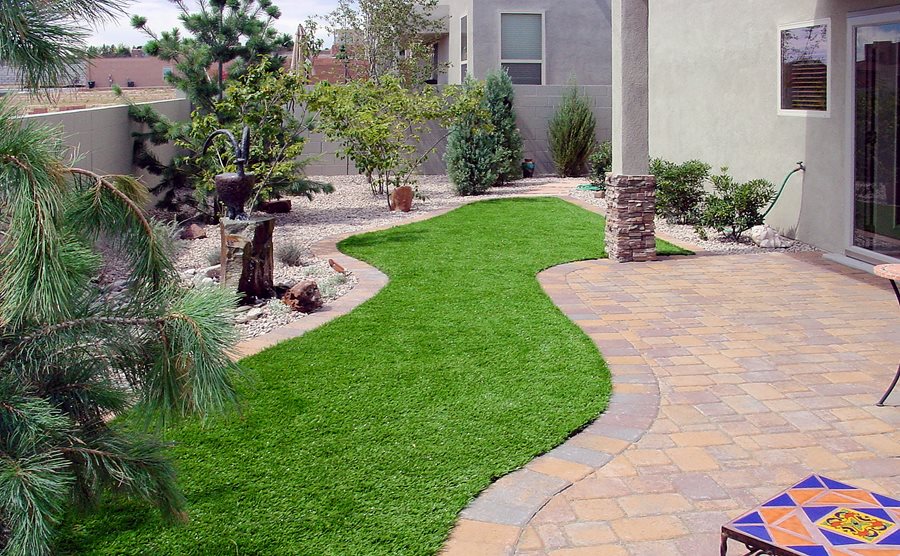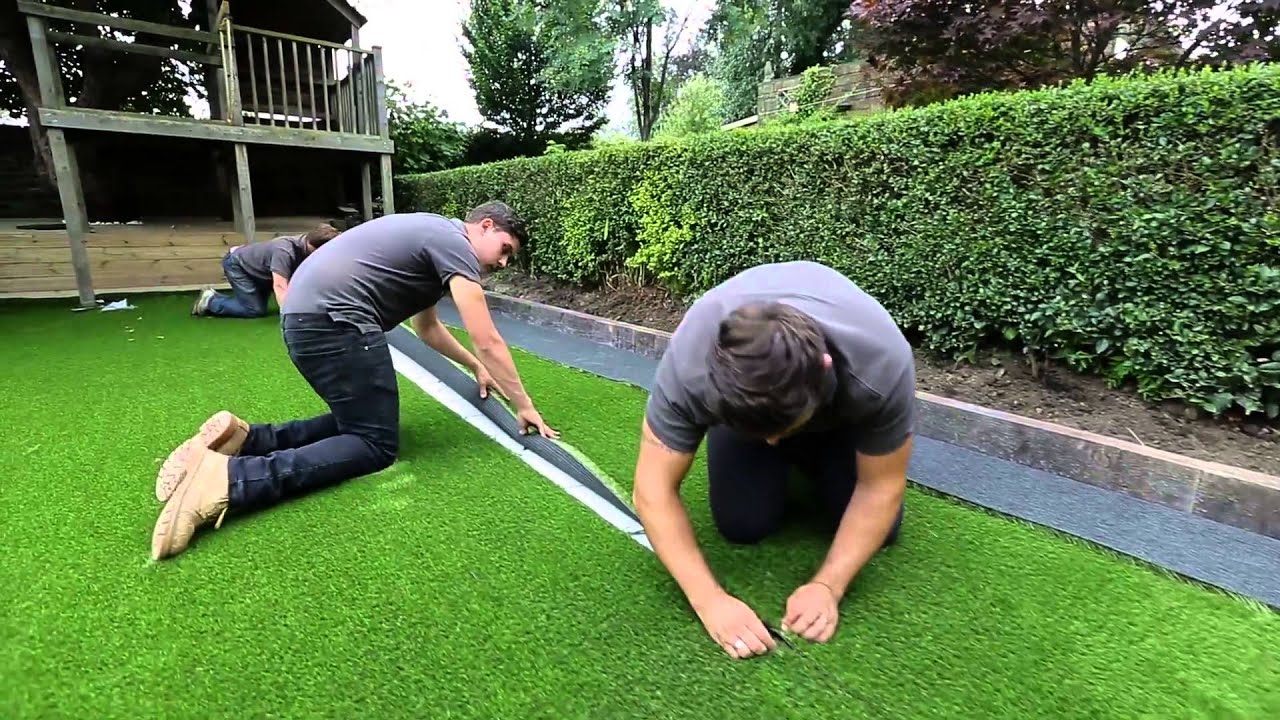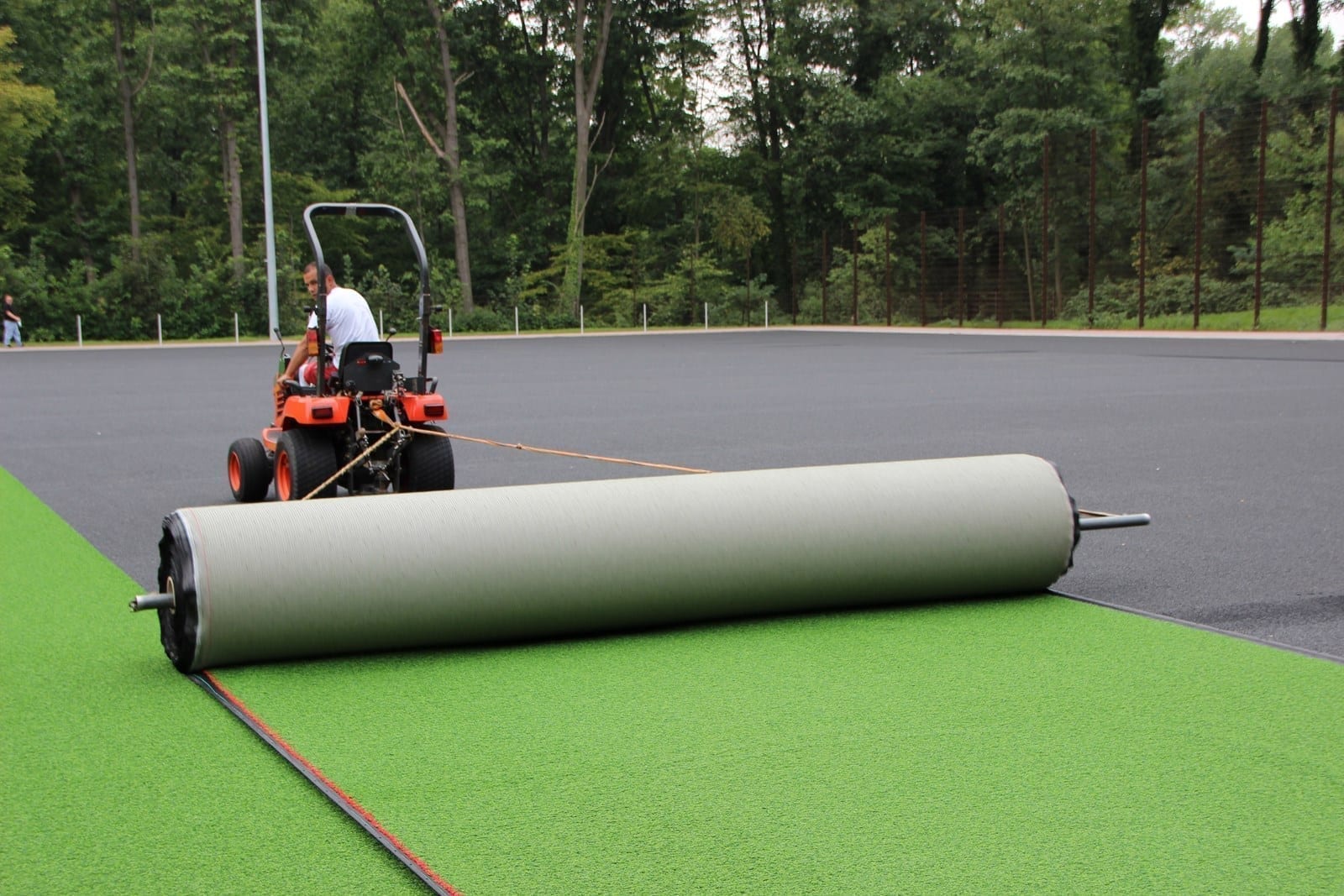Best Phoenix Turf Companies Specializing in Synthetic Grass Solutions
Best Phoenix Turf Companies Specializing in Synthetic Grass Solutions
Blog Article
Explore the Environmental Advantages of Opting for Artificial Grass Solutions
The fostering of synthetic grass remedies offers an engaging opportunity to attend to pressing environmental challenges. By dramatically reducing water usage and decreasing the application of hazardous chemicals, these options not just promote sustainable landscaping but also protect neighborhood ecosystems. The lower carbon footprint linked with decreased maintenance activities contributes to a much more sustainable technique to land administration. However, the effects of these benefits expand beyond mere preservation efforts, questioning concerning their long-lasting influence on habitat conservation and general ecological balance. Exploring these measurements reveals an intricate interplay worth thinking about.
Water Preservation Benefits
One of the most substantial advantages of synthetic grass is its capability to save water. Standard lawn lawns need considerable irrigation, particularly in locations prone to drought or water restrictions. In contrast, fabricated turf does not need watering, considerably decreasing the general demand for water resources. This feature is specifically beneficial in arid regions where water shortage is a pressing worry.
By getting rid of the demand for regular watering, synthetic grass contributes to lasting landscape techniques and assists minimize the environmental effect of too much water consumption. Moreover, the conservation of water reaches the reduction of overflow, which can bring about soil disintegration and river pollution.
In addition, the installment of man-made turf enables homeowners and communities to assign water sources much more successfully, concentrating on vital usages such as alcohol consumption water and farming. The shift towards man-made grass not only advertises liable water use yet also straightens with more comprehensive ecological objectives focused on maintaining natural deposits.
As areas progressively prioritize sustainability, the water conservation advantages of synthetic grass provide a compelling case for its fostering in business and property landscape design tasks.
Lowered Chemical Use
The change to artificial turf significantly lowers the dependence on chemical treatments typically used in all-natural lawn upkeep. Traditional lawn administration generally includes the application of fertilizers, herbicides, and chemicals to advertise development and control parasites. These chemicals can present threats to human health and wellness, regional wildlife, and the atmosphere, contributing to dirt and water contamination.
In comparison, artificial grass eliminates the demand for these dangerous materials. By minimizing the launch of synthetic compounds into the environment, synthetic lawn promotes healthier soil and water systems.
In addition, the absence of chemical overflow connected with fabricated grass installments aids protect local rivers from pollution, supporting aquatic life and maintaining biodiversity. Turf installation phoenix az. As neighborhoods progressively focus on sustainable techniques, choosing for fabricated lawn provides a sensible service that straightens with ecological conservation objectives. Through this shift, building owners can delight in lavish green spaces without jeopardizing environmental health and wellness, leading the means for a much more lasting future
Reduced Carbon Impact

In addition, the installation of synthetic grass can lead to significant water conservation. All-natural yards require significant quantities of water for irrigation, which not only contributes to the carbon impact associated with water extraction and treatment yet also stress regional water resources. In comparison, synthetic grass requires very little maintenance, requiring no watering, consequently considerably lowering water use and its linked power prices.
Additionally, the long life of synthetic grass adds to its decreased carbon influence. With a lifespan of up to 15 years or more, the need for constant replacements is decreased, leading to less waste and reduced energy consumption in manufacturing and dealing with traditional lawn options. Generally, fabricated lawn offers a sustainable choice for ecologically aware landscaping.
Environment Conservation
Habitat preservation is an important factor to consider in the argument over landscape design choices, especially when contrasting synthetic grass to all-natural turf. Natural yard yards typically call for considerable upkeep, including using herbicides, chemicals, and fertilizers, which can negatively impact local environments. These chemicals can seep into the dirt and waterways, damaging indigenous plants and animals and interfering see this site with neighborhood environments.
In contrast, synthetic lawn presents a chance to reduce the eco-friendly footprint of landscape design. By going with artificial turf, home owners can reduce the interruption of all-natural environments connected with traditional grass treatment techniques. Synthetic grass removes the requirement for damaging chemicals, thereby securing nearby wild animals and maintaining the stability of bordering communities. Additionally, the setup of synthetic grass can result in the conversion of previous turf areas into even more biodiverse landscapes, such as pollinator yards or indigenous plant areas, which can sustain regional wild animals.
Ultimately, the transition to artificial turf not only saves water and lowers upkeep initiatives however additionally promotes a more harmonious partnership in between human activities and the natural atmosphere, promoting environment conservation at the same time.
Long-Term Sustainability
Lasting sustainability is a vital aspect in reviewing the advantages of synthetic turf over typical lawn lawns. One of one of the most considerable benefits of synthetic grass is its toughness; it can last as much as 15-20 years with marginal maintenance, whereas all-natural lawn requires constant reseeding and substitute. This long life minimizes the demand for continuous resources, such as water, plant foods, and chemicals, which are vital for maintaining a healthy and balanced grass yard.
Furthermore, artificial lawn contributes to a this website reduction in carbon exhausts connected with grass care equipment. Conventional grass typically call for gas-powered mowers, trimmers, and blowers, every one of which add to air contamination. Turf installation phoenix az. On the other hand, synthetic grass removes the need for such devices, advertising a cleaner environment
Additionally, the manufacturing of synthetic turf significantly utilizes recycled materials, improving its sustainability profile. As manufacturers embrace environmentally friendly methods, the ecological impact of artificial grass remains to lessen.

Verdict
The fostering of synthetic grass remedies presents significant environmental advantages, including significant water preservation, lowered dependence on damaging chemicals, and a reduced carbon impact. Furthermore, artificial turf aids in protecting all-natural habitats by lessening land disturbance and promoting long-lasting sustainability with making use of resilient materials. Collectively, these elements underscore the possibility of man-made lawn to add favorably to ecological health and provide a feasible alternative to conventional landscape design practices in a progressively resource-conscious world.
In comparison, man-made turf does not need watering, substantially decreasing the overall need for water resources. By minimizing the launch of synthetic substances into the ecological community, fabricated turf advertises healthier soil and water systems.
Additionally, the installation of man-made turf can result in significant water conservation. In contrast, synthetic turf needs marginal maintenance, requiring no watering, consequently significantly minimizing water use and its associated power expenses.

Report this page